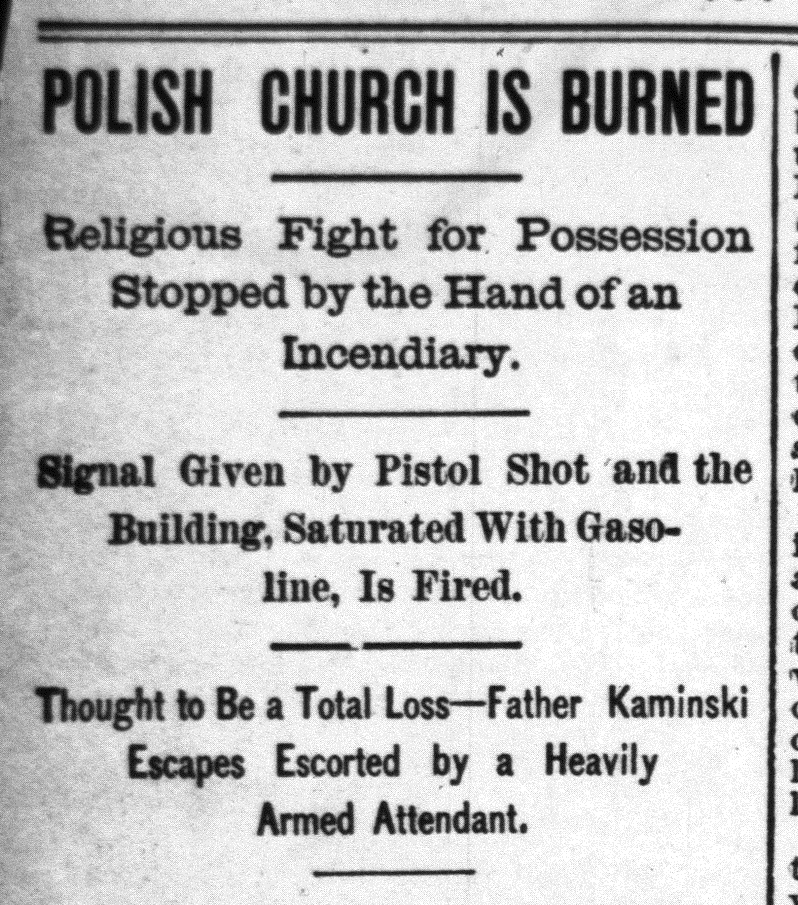 On the night of March 27, 1895, Elia W. Peattie one of the first female news reporters in Omaha, visited the diverse neighborhood of Sheelytown to report a fire. Located in what was then the southwest corner of the city, Sheelytown was home to many immigrants, including Germans, Irish, Italians, English and Poles.
On the night of March 27, 1895, Elia W. Peattie one of the first female news reporters in Omaha, visited the diverse neighborhood of Sheelytown to report a fire. Located in what was then the southwest corner of the city, Sheelytown was home to many immigrants, including Germans, Irish, Italians, English and Poles.
The polish community brought Peattie to Sheelytown on that spring night. The first polish church built in Omaha, St. Paul, was ablaze. A group of onlookers gathered around the flaming structure, silent.
“Not a cry went into the air,” Peattie noted. “Hardly a word was spoken. A group of weeping and shivering little ones, in their night clothes, huddled together trembling on a mattress on the ground. Their home was flaming before their eyes, and the wild fire-lit sky, the ominous, unnaturally silent gathering of people, the subdued tones in which all spoke seemed to fill the night with a terrible menace.”
The burning of the St. Paul’s Church in 1895 was the result of a year-long struggle between Bishop Richard Scannell of Omaha and a rogue group of parishioners who sought to make St. Paul an independent church. The conflict was the result of a mixture of politics, Polish nationalism, religious fervor, the personal failings of clergy, and doctrinal disputes within the Catholic Church.
At the root of the controversy was the political oppression of the Polish state. In the late 1700s, the powerful empires of Russia, Prussia, and Austria partitioned the formerly large Polish-Lithuanian Commonwealth so that, by 1795, Poles in Europe had no nation. An independent Poland would not return until after World War I. Despite their foreign domination, the poles were strongly loyal to their ethnic identity, particularly their strong adherence to the Catholic faith.
The full version of this story appears in “‘Their Home was Flaming’: The St. Paul’s Church Riot,” an article by James W. Pieper in the 2017 winter issue of Nebraska History, our quarterly magazine.



